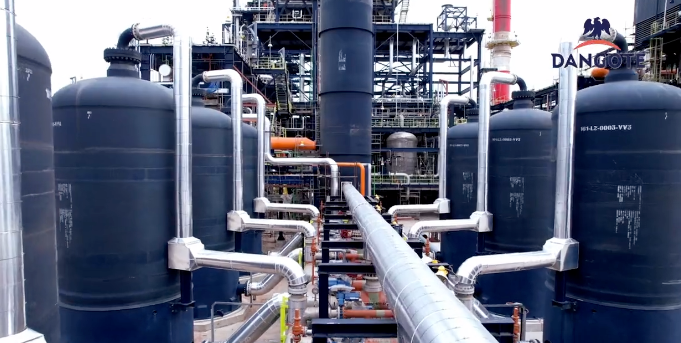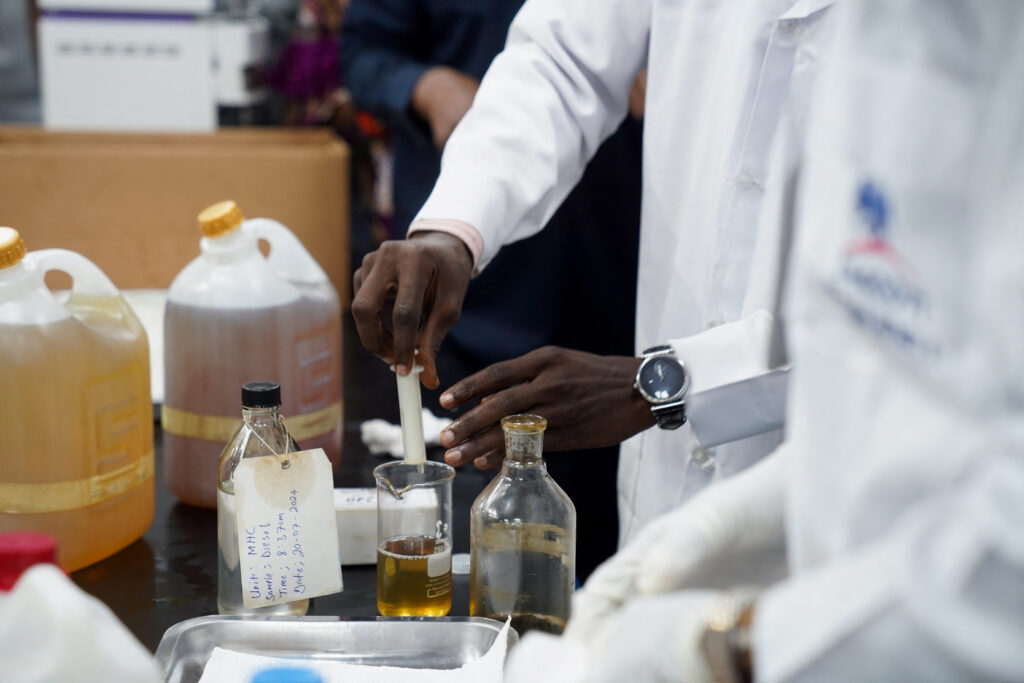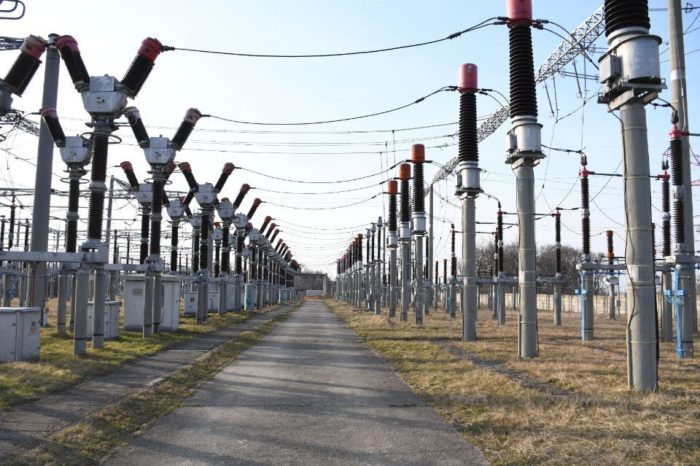Experts ask Tinubu to focus on domestic utilization of crude oil, boost earnings via sales of refined products to other African countries

Oredola Adeola
Experts have urged President Bola Tinubu to leverage on the marginal increase in Nigeria’s crude oil output expected in subsequent months after the country’s crude oil production output for May 2023 grew by 14.4% to 1.4 million barrels per day, to increase domestic utilization by local refineries, address domestic consumption of petroleum products, and raise dollar earnings through sales of refined products to neighbouring African countries who look to Nigeria for their petrol product supplies.
They made this suggestion on the sideline of the production recovery and marginal increase in Nigeria’s crude oil output in May 2023 which grew by 14.65% to 1.427,616 million barrels per day (1,183,691-Crude Oil, 65,887-Blended Condensate, and 178,038-Unblended Condensate), from significant dip recorded in April estimated at 1,245,028bpd(998,602- Crude oil, 66,317-blended condensate, 180,110- unblended condensate)
EnergyDay’s check showed that the 182,588-bpd increase in the country’s crude oil production level for May is the first marginal increase recorded in the first month of President Tinubu’s administration, that has vowed to increase Nigeria’s crude oil production output level to 4 million barrels per day (BPD) by 2030.
President Tinubu had pledged to nearly triple the country’s oil production target to 2.6 million barrels per day (bpd) by 2027 and to 4 million bpd by 2030.
While the expected growth in crude oil production output means that Nigeria can potentially earn more revenue from oil exports, experts have hinted that domestic utilization of the crude oil remains the best decision for the Tinubu’s administration since significant amount of the country’s crude oil have remained stranded as foreign buyers turn to cheaper alternatives.
They have therefore identified the rechanneling of the crude oil output level as feedstock for local refineries as one of Nigeria’s single largest investments that will address the country’s repeated fuel shortages, reduce the country’s dependence on imported petroleum products, and ease the burden of petrol subsidy removal.
Experts have suggested that Nigeria’s administration should focus on domestic utilization of crude oil, as a significant amount of the country’s crude oil remains stranded due to foreign buyers turning to cheaper alternatives.
They noted that rechanneling the crude oil output level as feedstock for local refineries is one of Nigeria’s single largest investments that will address the country’s repeated fuel shortages, reduce the country’s dependence on imported petroleum products, and ease the burden of petrol subsidy removal.
Dr. Lai Fatona, a retired pioneer Managing Director of Niger Delta Exploration & Production Plc, believes that the new administration can address one of the fundamental economic crises facing the country through substantial increase in domestic crude oil and gas production and local refinery utilization, outside of OPEC’s 1.8 million daily production quota allowable for Nigeria in 2023.
Professor Adeola Adenikiju, Professor of Economics, University of Ibadan, believes that domestic refining of crude oil is fundamental to easing the impact of subsidy removal and boosting the country’s industrial capacity.
XXXXXXXXXXX
Dr. Lai Fatona, retired pioneer Managing Director of Niger Delta Exploration & Production Plc, in a conversation with EnergyDay at the weekend said that the new administration can address one of the fundamental economic crises facing the country through substantial increase in domestic crude oil and gas production, and local refinery utilisation, outside of Organisation of Petroleum Exporting Countries(OPEC) 1.8 million daily production quota allowable for Nigeria in 2023.





